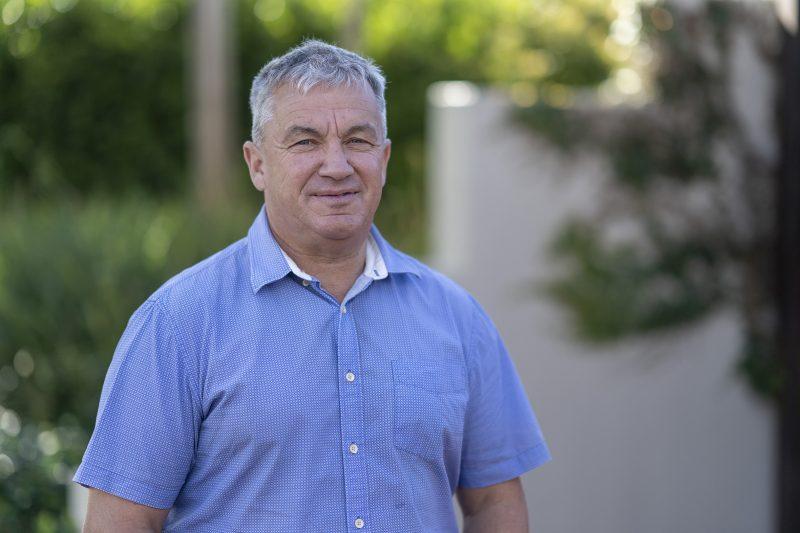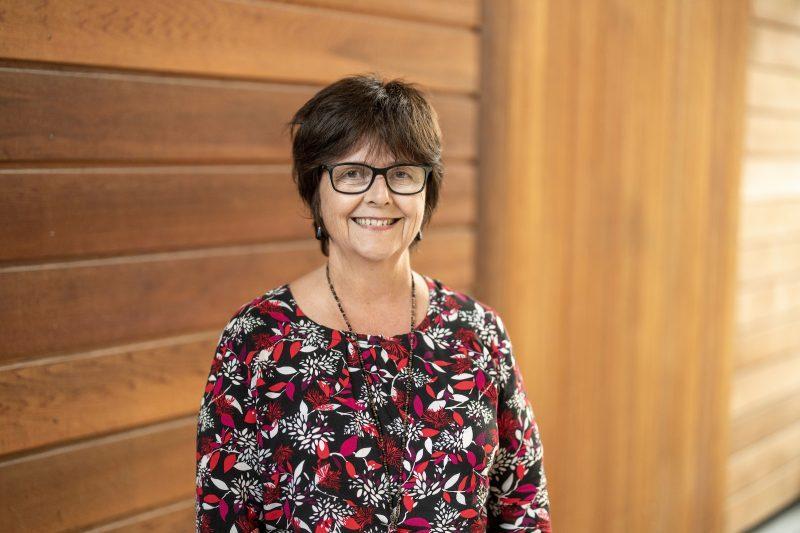Regulated stewardship coming soon for synthetic refrigerant industry
By Jason Richards – National Programme Manager – Chemicals, 3R Group

In the race to combat climate change a lot of emphasis is put on CO2, and with good reason, but there is another widely used group of gases which are thousands of times more potent at warming the planet.
Synthetic greenhouse gases, such as synthetic refrigerants (sometimes called F-gases), are used in everything from vehicle air conditioning to heat pumps, supermarket and corner store fridges, and industrial-scale cooling and freezing.
While they only account for 2% of New Zealand’s emissions their potency means, globally, properly managing them is one of the most effective ways to tackle climate change.
In July 2020 Government declared synthetic refrigerant gases, and the equipment that contains them, from consumer equipment like heat pumps and car air conditioning units to retail and industrial refrigeration systems, as a priority product. This means a regulated product stewardship scheme will have to be established, encompassing all of industry to manage the gases.
Product stewardship manages the collection of products at the end of life so they can be reused, recycled or properly disposed of. In the case of synthetic refrigerants, proper disposal through high-heat incineration is currently the best pathway.
SF6 is included
Also included in the stewardship will be SF6 (sulphur hexafluoride) gas, which is found in equipment used to distribute electricity. It is the most potent greenhouse gas known to man, being over 20,000 time more effective than carbon dioxide at trapping heat.
What is the current situation?
New Zealand has had a voluntary stewardship scheme for synthetic refrigerants since 1993 operated by The Trust for the Destruction of Synthetic Refrigerants (RECOVERY). Between then and October 2022 it has prevented 1,236,000 tonnes of CO2eq greenhouse gas emissions, in addition to 36,000 tonnes of avoided ozone depletion to our atmosphere.
Following a scheme design phase, which was facilitated by 3R Group, the Trust has applied to Government to be the product stewardship organisation (PSO) for a regulated stewardship scheme.
RECOVERY, now known as Cool-Safe continues to be managed by the Trust and operates the country’s only voluntary scheme for synthetic refrigerants. It works with industry to collect and properly destroy the gases, as well as works with industry to promote installation, maintenance and decommissioning aligned to industry best practice to avoid leaks.

The Trust and Cool-Safe’s Chief Executive Janine Brinsdon (pictured) says they’re on a mission to inspire, support and reward the refrigerants industry for protecting the atmosphere from the harm of released refrigerants:
“Refrigerants play a really important role in our day-to-day lives, along with making a huge contribution to our economy both directly and indirectly.
Our first priority is to make sure we are all doing all we can to protect the environment from the synthetic refrigerant harm, while also recognising the innovation and new technology industry has already adopted with the switch to lower GWP refrigerant, and rewarding those organisations and technicians who are doing the right thing.
It’s a win-win for both the environment and the valuable role refrigerants play in our communities.”
In October 2022 Cool-Safe launched a Buy-Back Programme for synthetic refrigerants and is developing and streamlining the recovery process for technicians across our network of collection sites.
The Trust is also in the process of leading the development of a multi-million-dollar, state-of-art destruction facility in the Bay of Plenty, so the gases can be dealt with onshore. This facility will use plasma arc technology to break the gases down on a molecular level. Any toxins are neutralised and the resulting by-product can be safely disposed of in landfill.
The facility, which should be operational by 2024, is key to creating an onshore solution and will mean collected gases don’t need to be shipped overseas to be destroyed – lowering the scheme’s operating emissions.
Why regulated stewardship?
While voluntary product stewardship has been effective at keeping some synthetic refrigerants from the atmosphere it’s limited by data, resources and free riders who don’t contribute but whose products are still stewarded.
Regulated stewardship creates a level playing field, the scheme is better resourced, and data is greatly improved. Well designed and run regulated schemes are almost always more effective.
Will this affect me?
If your business or organisation uses refrigeration, imports the gases, or imports or manufactures the equipment they go in, then you will be affected. Regulated stewardship requires everyone from importers to retailers to be part of the scheme and contribute to the collection and safe destruction of the synthetic refrigerants.
Users of the gases and equipment will need to make sure they are dealing with registered scheme participants or certified technicians.
The scheme will also be heavily focused on ensuring industry best practice is followed when installing, maintaining, and decommissioning machinery which uses synthetic refrigerants.
Cool-Safe will award accreditation to those handling synthetic refrigerants who can demonstrate they are compliant with best practice.
Refrigerant technicians will also be able to apply for Cool-Safe certification after completing industry-recognised training and quality-control assessments. The overall aim is to create a consistent and high standard which will keep refrigerants from leaking and adding to climate change.
When will this happen?
According to Cool-Safe it expects that by 2024 the recovery and disposal of synthetic refrigerants will be controlled, with a government-accredited, regulated scheme in place. This regulated scheme will be run by a PSO for the priority product, which the Trust for the Destruction of Synthetic Refrigerants is currently working to become.
If you are in doubt about how you fit into this picture, I encourage you to visit the Cool-Safe website and make contact. www.coolsafe.org.nz
3R accelerate the circular economy through the design, implementation and management of product stewardship schemes and other sustainability services. They facilitated the design of the scheme for synthetic refrigerants and supported RECOVERY in their accreditation application. Find out more at www.3r.co.nz



